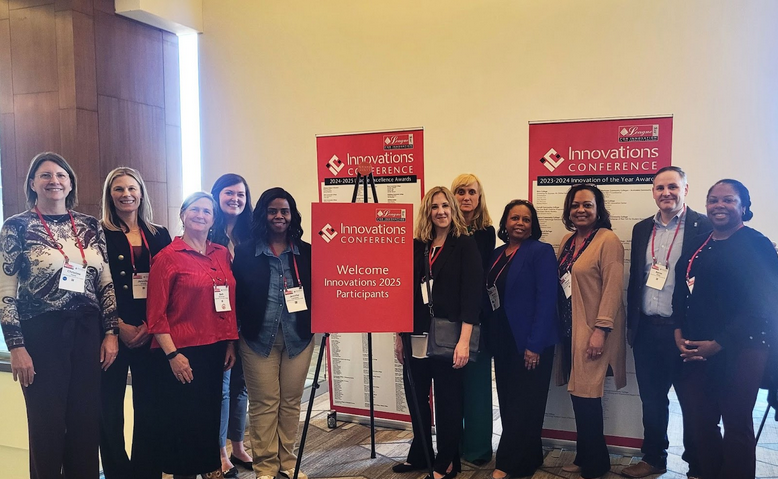The Belk Center for Community College Leadership and Research (Belk Center) today announced it will lead the research and evaluation of the North Carolina Community College System’s (NCCCS) new Boost program – an ambitious, statewide initiative aimed at accelerating student success and strengthening workforce readiness across North Carolina.
Launched in February 2025, Boost is modeled after the nationally recognized City University of New York (CUNY) Accelerated Study in Associate Programs (ASAP). The program is closely aligned with North Carolina’s PropelNC initiative, which invests in high-demand workforce credential programs to support the state’s economic development.
The Belk Center will lead a multi-year evaluation of Boost, from July 2025 through December 2031, conducting three complementary studies focused on educational impact, economic costs and impact and program implementation. This research will measure the program’s effectiveness in improving persistence, transfer and credential completion; evaluate its economic benefits through wage and cost analyses; and identify strategies to scale and sustain the model across North Carolina’s community colleges.
This work is made possible through investment from Arnold Ventures, who provided funding for both the programmatic elements of Boost implemented by NCCCS and for the research and evaluation conducted by the Belk Center.
“We’re pleased to partner with the North Carolina Community College System to evaluate the innovative Boost program,” says Audrey J. Jaeger, executive director of the Belk Center and W. Dallas Herring Professor of Community College Education. “Boost represents a transformative step toward improving post-completion success and workforce readiness across the Great 58. Through this evaluation, we aim to demonstrate what works – helping shape a sustainable model that delivers long-term impact in North Carolina.”
In collaboration with NCCCS, myFutureNC and CUNY, the Belk Center will share its findings through various reports and briefs, academic publications and bi-annual summits – highlighting key insights, promising practices and challenges to inform future implementation.



